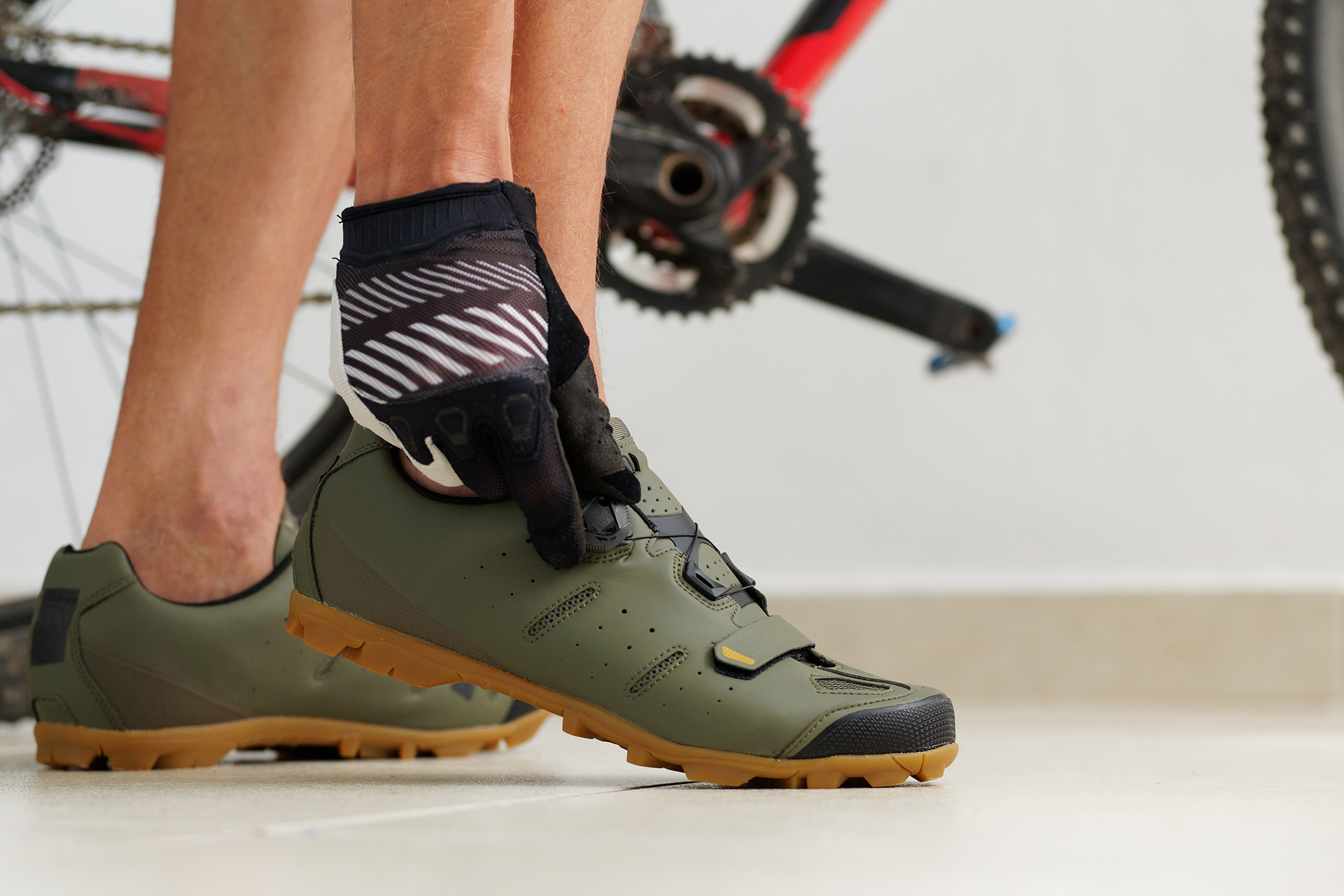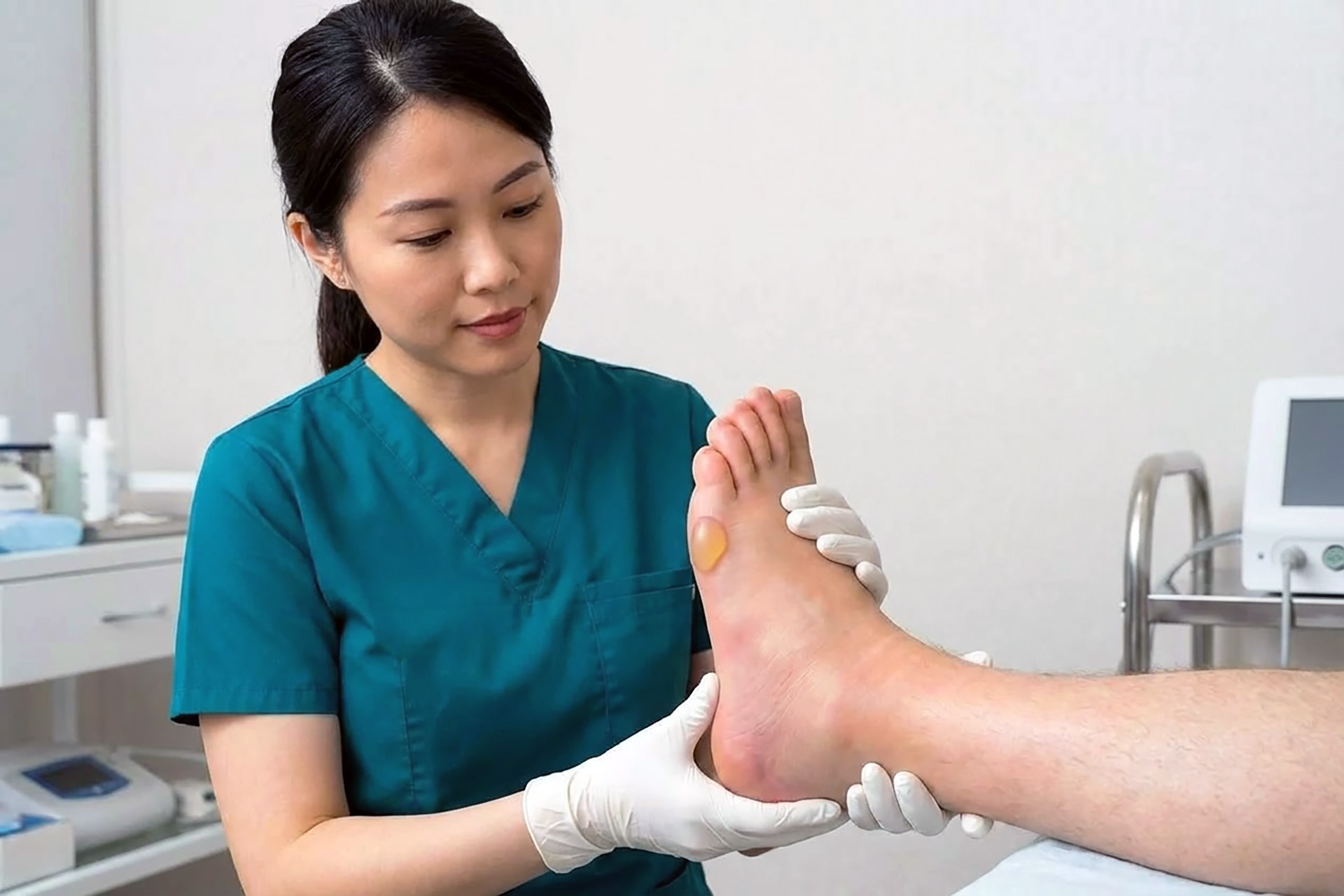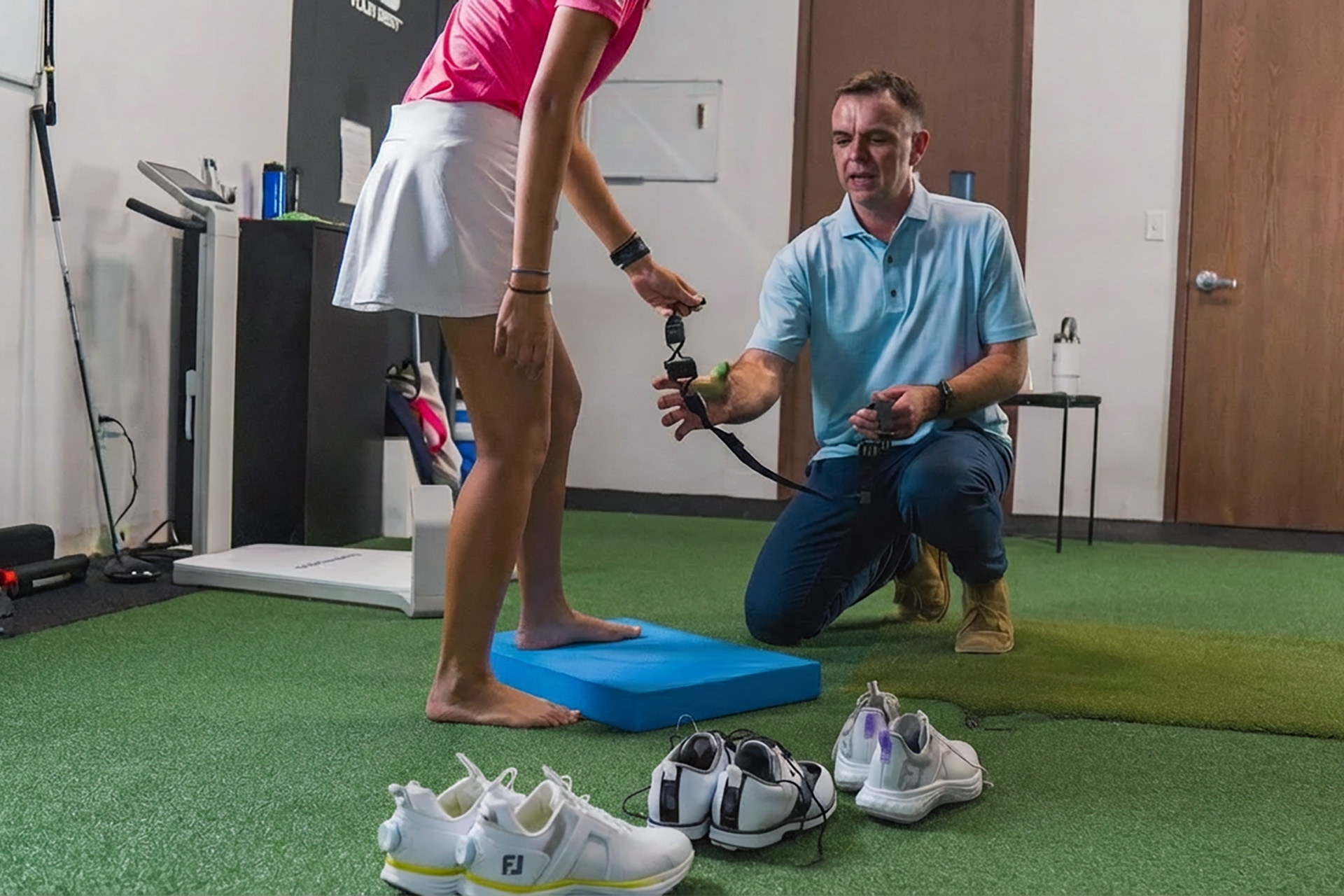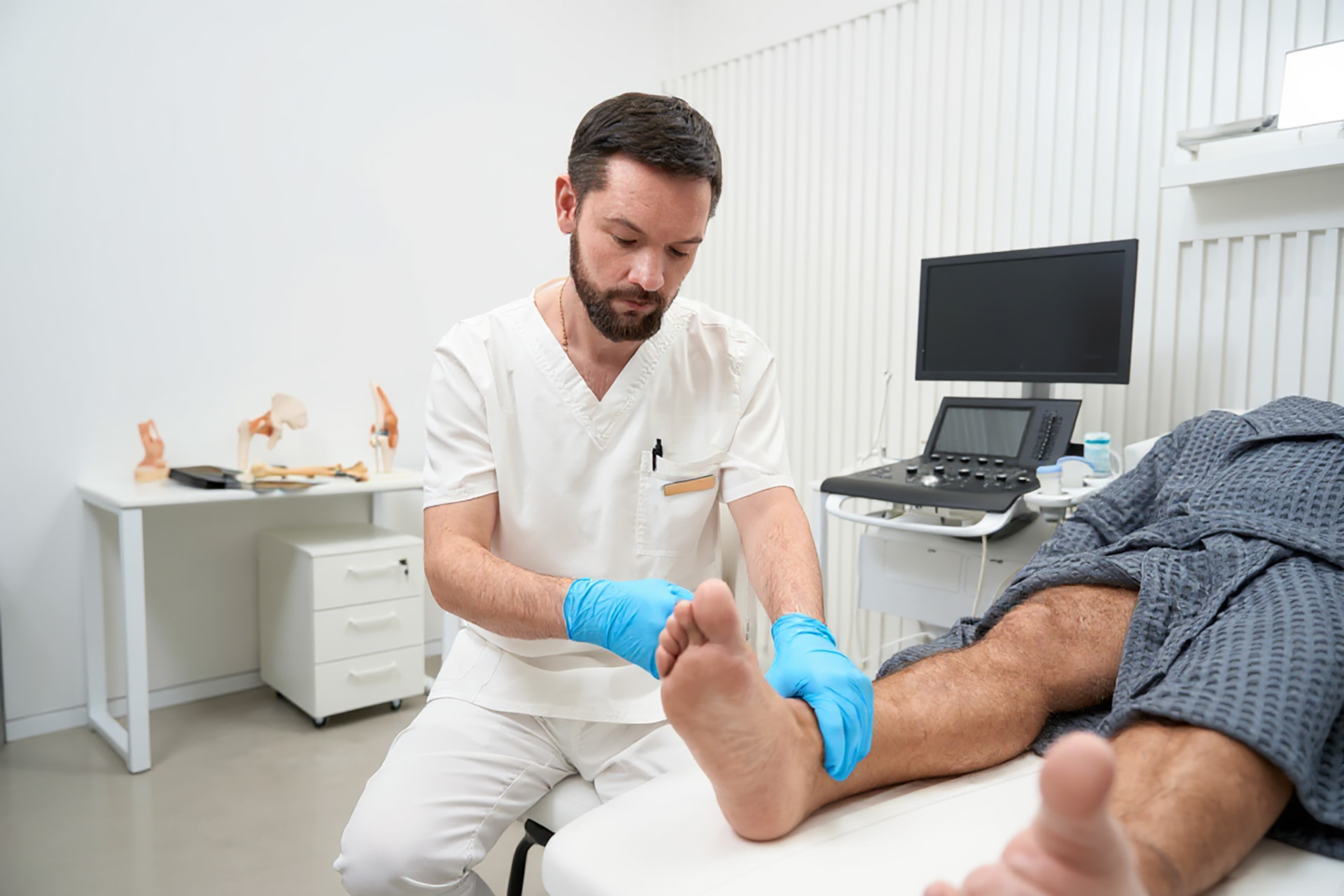We’re used to seeing our kids run around nonstop. They’ve got a seemingly boundless source of energy that keeps them motoring through the day, sprinting, jumping, and leaping. Their feet are a critical part of their development because they are so involved in these exciting activities. This doesn’t mean they’re immune to harm, though. One condition we usually associate with adulthood can afflict growing children, too. We’ll go through the causes of plantar fasciitis in children and how it can be prevented or managed.
An Introduction to Paediatric Plantar Fasciitis
Plantar fasciitis is a condition that afflicts the plantar fascia, a web-like ligament stretching across the bottom of our feet. It’s an important part of foot arch health and plays a big role in keeping our feet in shape. Like any other ligament in a child’s body, the plantar fascia also develops as the child grows. Plantar fasciitis can be caused by overuse, improper footwear, or biomechanical issues in adults and children.
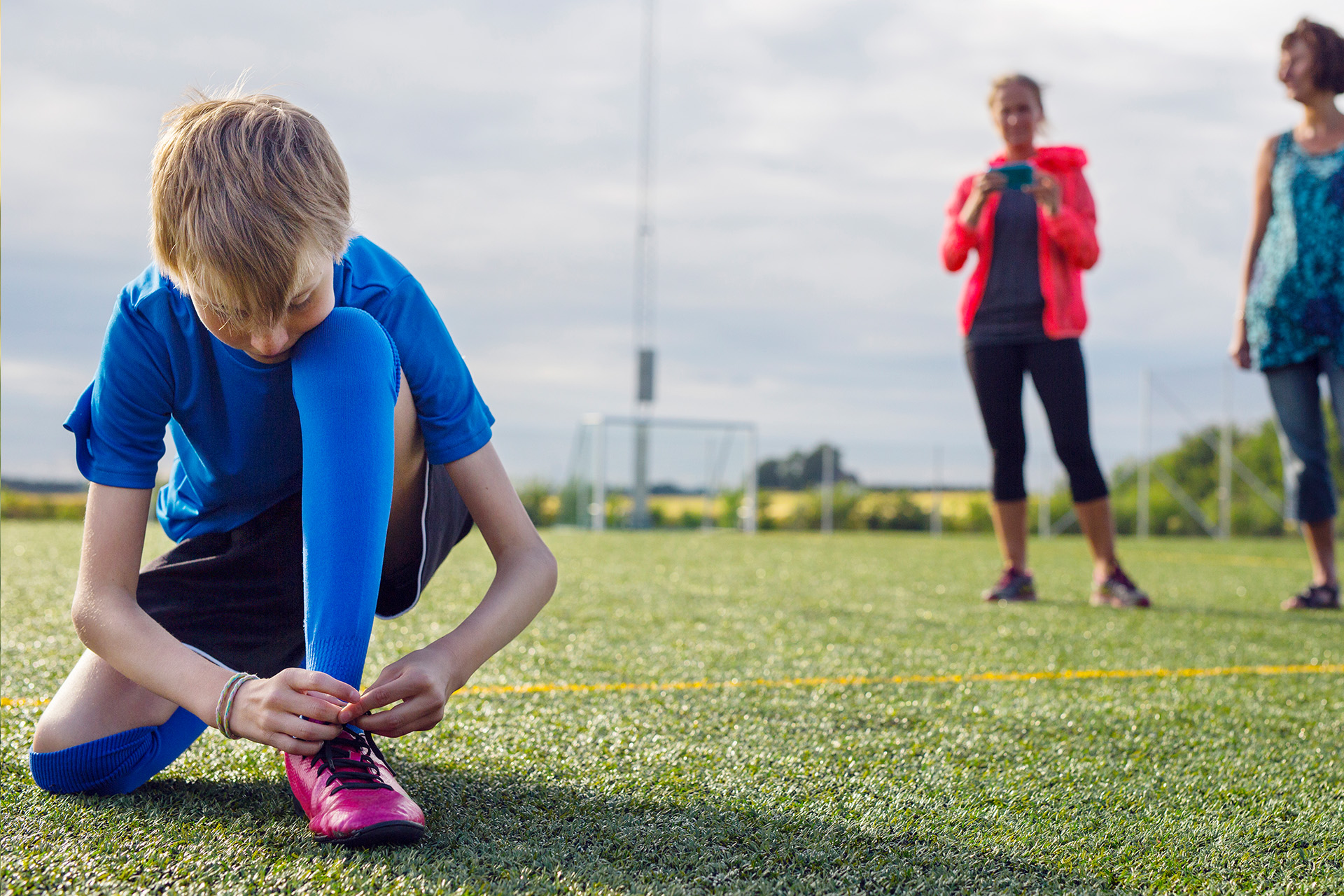
What makes paediatric plantar fasciitis especially important to treat is that it can have long-term ramifications for your child’s development. It’s about intervening with the condition and managing symptoms for an adult. For a child, discomfort from plantar fasciitis can lead to bad habits and improper biomechanics as they either overcompensate or try to avoid the source of the discomfort.
How Can I Tell If My Child Has Plantar Fasciitis?
The symptoms of plantar fasciitis in children and adults are largely similar. The most common is heel pain in the morning or after physical activity. Heel pain is an important type of pain to notice in your child, as it can be indicative of something more than a simple bruise. That pain can subside with rest but return with a vengeance with renewed activity.
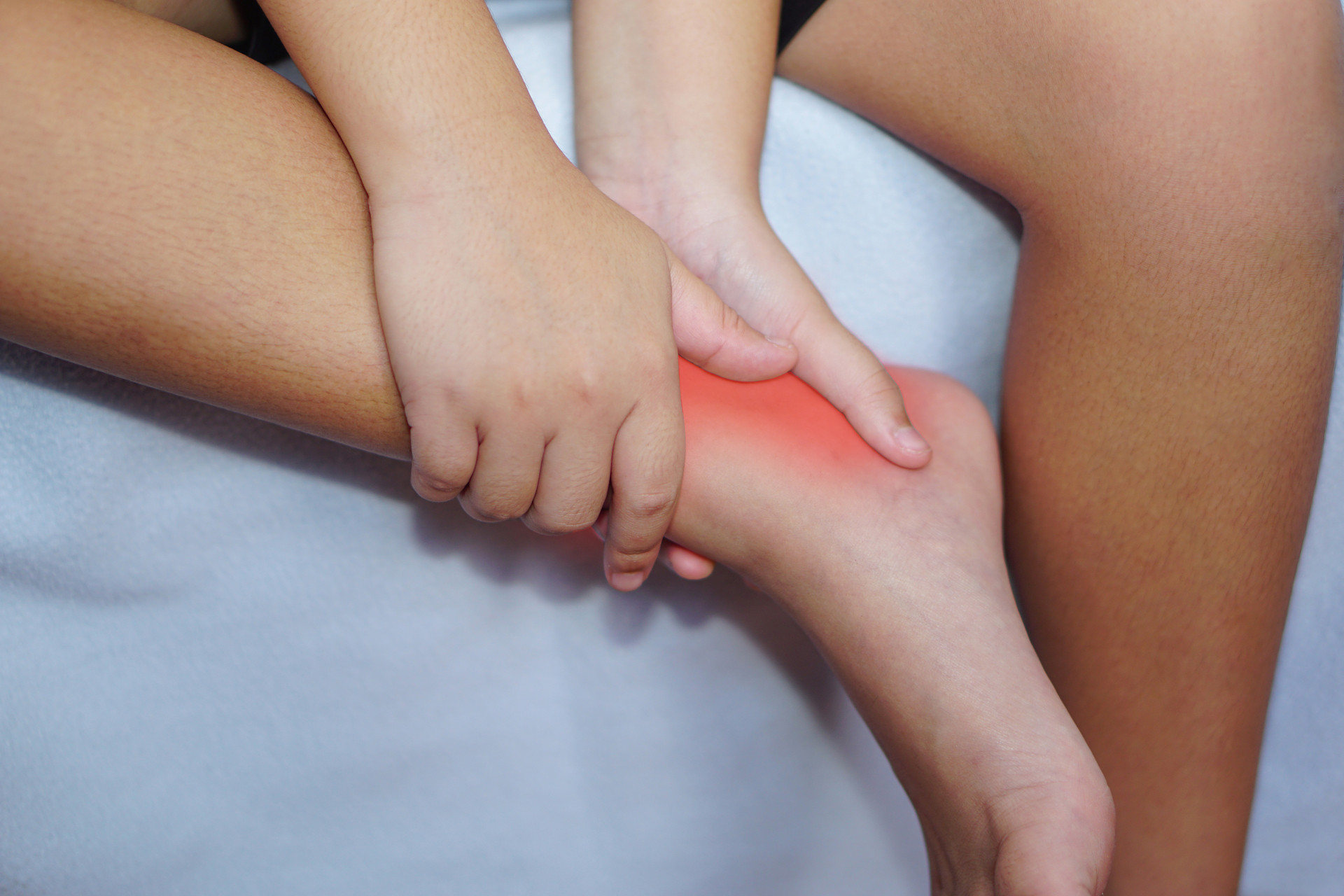
Another thing to watch for is whether your child is limping or avoiding putting weight on their foot. They may not notice the pain, or they may not have had the chance to articulate it yet. Ask them why they’re limping and if their pain worsens in the morning.
These are ways you, as a parent, can determine if your child has paediatric plantar fasciitis. However, the best way is to bring them to a specialist, like a paediatric podiatrist, who can thoroughly examine your child’s foot to determine their condition.
From Icing to Stretching Exercises and Orthoses to Manage the Condition
The management of plantar fasciitis in children involves a combination of conservative measures, exercises, and supportive devices. Conservative measures include rest and avoidance of aggravating activities, such as running or jumping, until the symptoms subside.
The easiest thing to do is start with sufficient rest. A common reason for paediatric plantar fasciitis is overuse. It’s only intuitive that a good way to counter it is to rest the feet. Plenty of other options for your child, too, don’t just involve sitting around and waiting for it to get better.

If there is significant swelling, ice can be applied to the bottom of the foot to reduce inflammation. This can be done by rolling the sole over a frozen water bottle or can of frozen juice concentrate for 10-15 minutes several times daily.
Stretching and strengthening exercises, particularly calf stretches, can also help relieve tension on the plantar fascia. These stretches should be held for 30 seconds, 2-3 times daily. A paediatric podiatrist can walk you through several stretching and strengthening exercises to help the calf and foot cover.
Supportive devices and orthoses can help manage plantar fasciitis in children. Ensuring your child wears shoes with good arch support and cushioning is essential, as worn-out or poorly supported shoes can exacerbate the condition. Custom shoe inserts or night splints can support and stretch the calf muscles and plantar fascia while sleeping.
Physical therapy and massage can also be beneficial in managing plantar fasciitis in children. Soft tissue massage can help break up tight fibrous bands in the plantar fascia, reducing tension and discomfort. Physical therapy can provide an individualised stretching and strengthening program to help your child recover from plantar fasciitis.

Activity modification is also welcome, as movement can help with the condition. This means adjusting your child’s usual forms of exercise or play so they can still walk and move while their foot recovers. To prevent your child from developing a bad habit, custom-made paediatric orthotics can help adjust your child’s gait, preventing them from overcompensating for the injury and developing a separate condition.
Finally, when symptoms improve, it is essential to gradually introduce your child back to their activities, ensuring they do not push through pain. This gradual return to activity will help prevent further injury and promote a full recovery.
These are all conservative methods for managing plantar fasciitis in children that your paediatric podiatrist can teach you and your child. If you’re concerned about paediatric plantar fasciitis or want to ensure the best foot health for your child, call The Foot Practice today and make an appointment.


